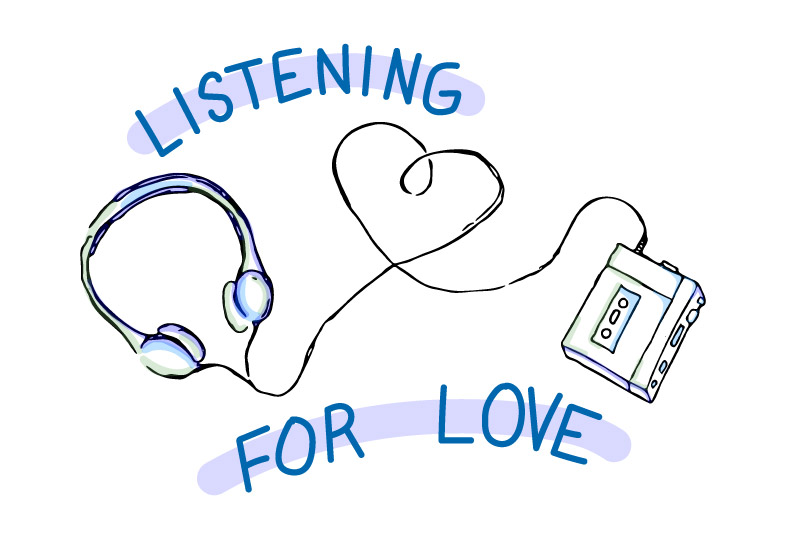
Needing someone. Owning someone. Watching someone. While these disturbing expressions may sound like themes common in horror movies, they can also be used to describe a host of famous “love songs.” Across genres and decades, musicians have sung about love in a way that borders on obsession, thus normalizing a dangerous depiction of what love should look like.
The 1983 hit song “Every Breath You Take” by The Police is a textbook example of these themes. Sting sings, “Every breath you take / And every move you make / Every bond you break / Every step you take / I’ll be watching you.” These lyrics portray someone who is so infatuated with a person that they are exhibiting stalker-like behaviors. These unsettling words, coupled with repetitive rhythms and instrumental loops, create a song that both lyrically and sonically feels like obsession.
“Run for Your Life” by The Beatles is another song that depicts toxic, possessive behaviors to the extreme. The very first line of the song is, “Well, I’d rather see you dead, little girl / Than to be with another man.” As the song progresses, the lyrics only get more violent and gruesome, thus creating a terrifying persona of someone who prioritizes possession, no matter the cost.
A more current song that exemplifies this same idea of wanting ownership over someone else is “Kill Bill” by SZA. In the chorus, SZA sings, “I might kill my ex, not the best idea / His new girlfriend’s next, how’d I get here? / I might kill my ex, I still love him though / Rather be in jail than alone.” While SZA is known for expressing honest emotions, this song depicts levels of anger and obsession that end up in multiple murders. The story is not one of love, but of an infatuation and obsession with the idea of someone.
Similar themes of violence manifest in songs depicting codependency. While these may not seem as terrifying as songs about people watching over strangers, they still contribute to a conversation that normalizes unhealthy attachments in relationships.
In “Grenade,” Bruno Mars tells the story of a person who would die for his romantic interest, even if they do not love him back. There is a host of violent imagery in lines like, “Oh oh, I would go through all this pain / Take a bullet straight through my brain / Yes, I would die for ya, baby / But you won’t do the same.” Similarly, in “Die For You,” The Weekend sings lines like, “Baby I would die for you” and “Keep it real with you, I would kill for you, my baby.” The lyrics in both of these songs express love as something that comes in tandem with self-harm and self-sacrifice.
Unhealthy desires, obsession and infatuation are all emotions that can be stirred up when feeling lustful or in love. Music and art have the power to express raw feelings that people do not want to admit out loud. Love can be ugly sometimes, and it can be helpful or cathartic to have music that encapsulates those not-so-pretty feelings.
However, even more important than catharsis is the normalization of healthy love. While songs like “Run For Your Life” and “Kill Bill” may feel exciting, the actuality of being in a possessive, toxic relationship is not. Having music that normalizes these themes of violence, ownership and unhealthy attachments can lead to a misunderstanding of what love can look like.
Love should not have to be a rollercoaster. It should not have to be something that involves excessive self-sacrifice or hurts all the time. There needs to be a space for healthy depictions of love in music. There is honesty in pain and obsession, but there is just as much honesty in peaceful, healthy love stories.
